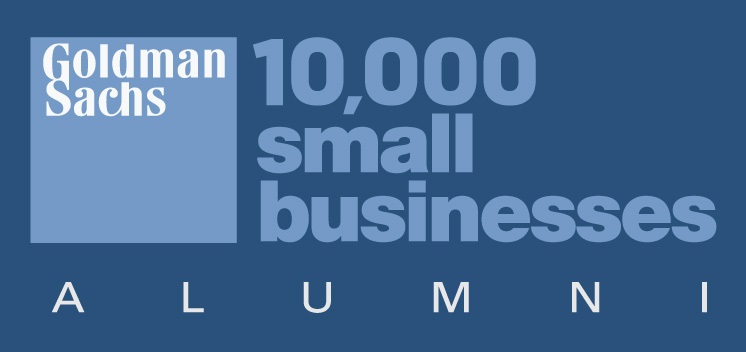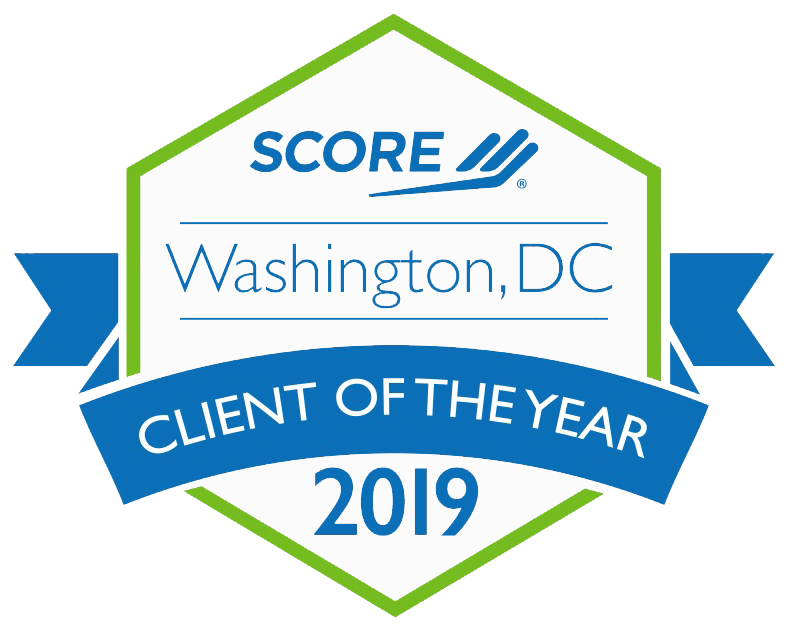While the process can be daunting, federal grants are worth pursuing because they can provide your nonprofit with financial stability and positive recognition. In this article, we’ll discuss tips and best practices for applying for federal grants, and how to avoid common mistakes.
What do I need to be aware of when applying for federal grants?

- Make sure you’re eligible. This seems like an obvious step, but you’d be surprised at how many people dive straight into the grant writing process without checking for eligibility. Before applying, read the instructions of a grant closely. If your organization doesn’t meet the requirements, don’t waste your time. If you’re having trouble understanding eligibility requirements, consider reaching out to the organization to provide clarity.
- Don’t skip the details. Federal grants have very specific requirements and guidelines, so it’s important you read through them thoroughly. For example, the grant might say “A grantee may not receive more than one National Endowment for the Arts grant for the same project during the same period of performance.” These details can be easy to miss, especially if there are a lot of them. In all, it’s important that your organization checks all the requirement boxes, not just a few.
- Be aware of location. It’s important that you have a presence in the area where the grant’s work will be carried out. Some grants require applicants from specific states, and even specific counties. Even if the grant is not specific to location, ask yourself if you can realistically carry out the grant’s mission given your geographical location
- Assemble the right people. If the grant requires extensive knowledge on a particular subject area, make sure the most knowledgeable person is writing the application (or at least serving as a reviewer). This person can ensure that all selection criteria are met. The grant reviewers will be able to tell if you don’t know what you’re talking about. When we don’t have all the information, we have a tendency to fill applications with industry jargon and unnecessary fluff. If no one on your team is knowledgeable in the subject area, it’s probably not worth applying for. It’s important to remember that meeting eligibility requirements is not enough — you must be competitive!
- Be intentional. Bottom line, funders want to know how you intend to spend the money you’ll be given. This requires being responsive to each question in the way in which an agency wants the information. A big mistake writers make in this area is being too vague or wishy washy. Your plan should include actionable steps for achieving desired goals, and specifics on how and when the money will be used, and why. Your statements should be direct, and explain how your plan will also help the funding organization achieve their goals.
- Create measurable success. Before starting the application process, it’s important to define how the success of the grant will be measured. Create a list of key performance indicators (KPIs), and state how you plan to measure those objectives. Think about what success and failure look like within the funding priorities. Goals should be realistic and tangible. This will not only prove to the government that you’ve thought about this in depth, but will help them to hold you accountable to those goals. You might need to bring on an outside evaluator, but it will be worth the investment in the long run (and create a stronger organization in the process).
- Be confident. Finding ways to make your application stand out can be hard. It’s just like resumes — you put all that work into creating it, when a recruiter might spend all of 5 seconds looking at it. The best way to make your application stand out is to tell your story. Be clear, concise, and chronological. Authenticity and transparency also go a long way in capturing the reader’s attention. Figure out what makes your organization unique and deserving, and reflect that in your writing.
If your organization is new to federal grants or is trying to build out post-award processes, RBW Strategy can help. We work closely with key partners to deliver grants management consulting, monitoring, technical assistance, and training that guide organizations in developing effective strategies to achieve their goals. Take the stress out grant management and contact us today!





